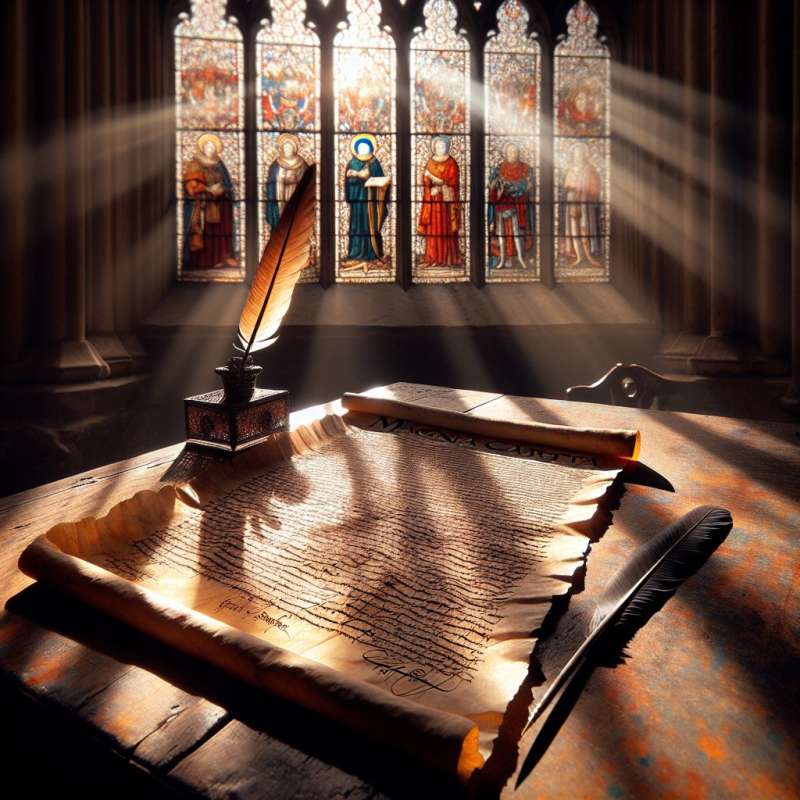
Origins of Human Rights
The concept of human rights dates back to ancient civilizations. Notably, Cyrus the Great endorsed the Cylinder of Cyrus, an early example of recorded human rights, upon conquering Babylon in 539 BCE.
Magna Carta and Liberties
England's Magna Carta of 1215 is a milestone in human rights history. It limited the king's power and protected barons' rights, laying groundwork for future rights discourse, such as due process.
Enlightenment Philosophers' Influence
Enlightenment thinkers like Voltaire, Rousseau, and Locke challenged the divine right of kings, advocating for the social contract and natural rights, which influenced the 18th-century democratic revolutions.
American and French Revolutions
The American Declaration of Independence (1776) and the French Declaration of the Rights of Man and of the Citizen (1789) were pivotal, asserting individual rights and inspiring global human rights movements.
Post World War II Era
The atrocities of World War II led to the United Nations' Universal Declaration of Human Rights in 1948, an international commitment to uphold basic rights and freedoms globally.
Human Rights Expansion
Since 1948, various treaties have expanded human rights law, addressing issues like racial discrimination, women's rights, torture, and children's rights, reflecting an evolving understanding of human rights.
Contemporary Challenges
Today's human rights discussions include digital privacy, climate justice, and rights of refugees, showing that the concept of human rights is ever-expanding to address new societal challenges.Surprising Origins
The Cyrus Cylinder, often called the 'first charter of human rights,' was written in Akkadian cuneiform script on a clay cylinder.
Who endorsed the Cylinder of Cyrus?
Cyrus the Great
King of England
A French philosopher
Company